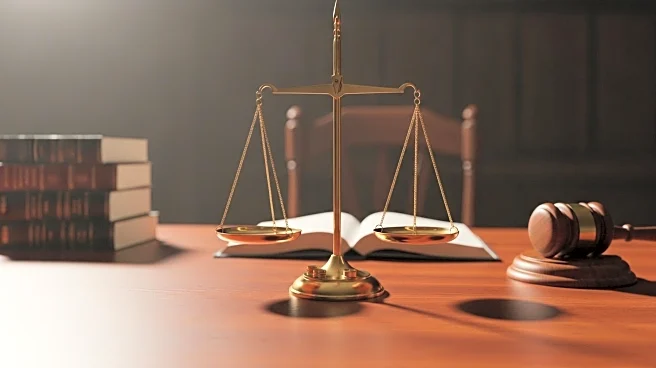What is the story about?
What's Happening?
As the U.S. Supreme Court begins a new term, questions are being raised about the motivations and partisanship of the nine justices. The court is set to hear cases that could significantly impact American society and democracy. Discussions led by Jonathan Freedland and Prof Leah Litman explore the perceived shift towards partisanship within the court and the implications for its role in upholding the U.S. Constitution.
Why It's Important?
The perception of partisanship within the Supreme Court is a critical issue as it challenges the court's role as an impartial arbiter of the law. If the court is seen as politically motivated, it could erode public confidence in its decisions and the broader judicial system. This perception may influence how future cases are viewed and the legitimacy of the court's rulings, potentially affecting the balance of power and the protection of constitutional rights.
What's Next?
The Supreme Court's upcoming decisions will be closely watched for indications of partisanship. Legal scholars and political analysts will likely continue to debate the court's direction and its impact on American democracy. The outcomes of these cases could prompt discussions about potential reforms to ensure the court remains a non-partisan institution dedicated to upholding the Constitution.















